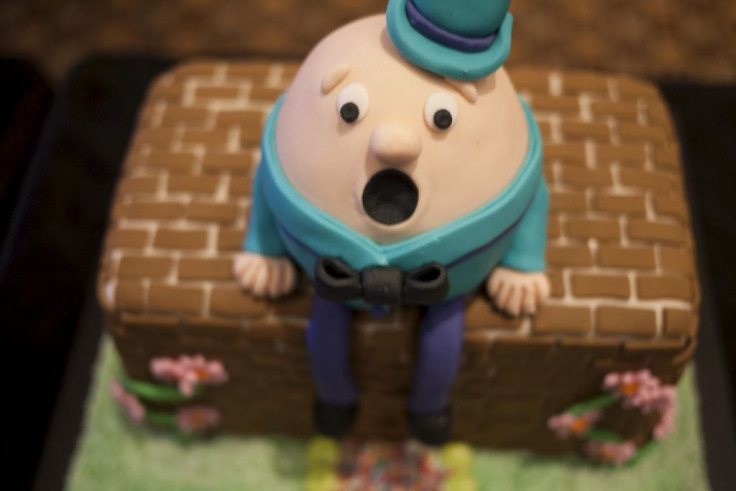National Depression Screening Day 2016: Early Signs And Symptoms To Know If You Are At Risk

Thursday is National Depression Screening Day. Although common, depression is a serious mood disorder that may also push a person to commit suicide and it is also one of the leading causes of disease or injury in people.
Depression is one of the most common mental disorders among Americans. According to National Institute of Mental Health, almost 16 million adults in America aged 18 or older had at least one major depressive episode in 2014. And about two of 100 children and eight of 100 teenagers are at risk of developing serious depression, according to NIMH.
If the disorder is left untreated, the symptoms may aggravate and last for months or even years. Centers for Disease Control and Prevention (CDC) stated that in 2010, the economic cost of depression was estimated to be $210.5 billion.
Depression symptoms can differ from mild to severe.
Signs and symptoms:
- Feeling sad, hopeless or guilty
- Loss of interest in activity that earlier would be pleasurable
- Fatigue and reduced energy
- Insomnia or excessive sleeping
- Irritability, restlessness
- Change in appetite such as overeating or loss of appetite
- Difficulty in paying attention
- Constant aches or pains, headaches, cramps or digestive issues
- Suicidal thoughts or suicide attempts
For diagnosis of depression, symptoms must persist for at least two weeks, according to American Psychiatric Association (APA). Moreover, existing health conditions such as thyroid, brain tumor or vitamin deficiency can mirror depression symptoms.
Risk factors:
- Loneliness and isolation
- No social support
- Family history of the disorder
- Recent stressful events in life
- Relationship problems
- Alcohol or drug abuse
- Unemployment or underemployment
- Health-related issues or persistent pain
- Childhood abuse or trauma
Treatment:
Depression is one of the most treatable mental disorders, according to APA. About 80 to 90 percent of depressed people often respond well to treatment.
Treatment of the disorder includes medication, psychotherapy or electroconvulsive therapy.
Doctors may prescribe antidepressants that will show improvement in the patient’s mood within the first or second week of use. It will take about two to three months to see full effect of the medications on the patients.
Only psychotherapy or "talk therapy" is recommended to those with mild depression. However, those with moderate to severe form of the disorder are recommended medications along with the therapy. It may take few weeks or even more to get the results depending on the severity of depression.
People with major depression are given electroconvulsive therapy (ECT), according to APA. The brain is electrically stimulated briefly while the patient is put on anesthesia. ECT is given two to three times a week for a total of six to 12 treatments, APA stated.
Published by Medicaldaily.com



























